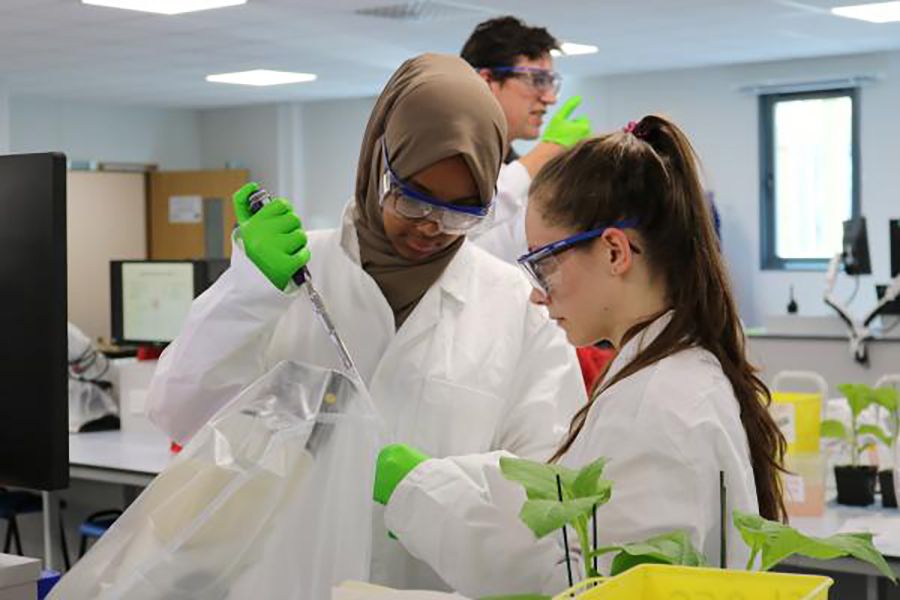This course will introduce students to scientific research through some of the key research themes in modern human biology. The focus will be on the applications and implications in the real world. Students will be encouraged to take advantage of the wonderful local science museums and botanic gardens to aid their studies.
Topics
● Genetics and diversity
● Medical sociology
● Notions of anatomy and physiology: the systems of the human body
● Embryology
● Bacteriology
Teaching format: Your academic week will be structured small group classes and over 2 weeks you receive 24 hours of lessons as well as at least 6 hours of independent study time to complete your homework. Lessons are designed to get you to think critically and talk about your chosen subject with other students, guided by our tutor who will seek to involve everyone and draw out different opinions and approaches.
What to expect Learning will take the form of mini lectures, practicals, group and individual work. This combination of self-learning, peer-learning and teacher-led learning is designed to boost communication and teamwork, as well as enable understanding.

Work to complete in advance The process,
logic and reasoning are of paramount importance to experimental scientific practice e.g. only changing one variable at a time to truly study the effects of one variable on another. To emphasise this, each student will be expected to submit a short essay (approx. 150 words) that discusses 3 things they think are key to designing a successful experiment. During the lesson (Detailed teaching methods and timings) Bacteriology: How some bacteria are able to produce disease and their interactions with the human immune system.
● The class will start with a brief overview discussion of the human immune system
● Follow with a group discussion about pathogenicity determinants, and how some bacteria can successfully escape the immune system
● The importance of commensal bacteria, and how they differ from pathogenic bacteria will be explained
● Students will be given the chance to view pathogenic bacteria from microscopy pictures, to look at some of the features that enable pathogenicity
● The class will end with a brief discussion of antibiotic resistance bacteria e.g. MRSA and how the bacteria gain such resistance e.g. mutations that confer enzyme resistance/drug efflux mechanisms etc.
● A discussion on the lack interest of pharmaceutical companies in producing antibiotics will also be touched upon

